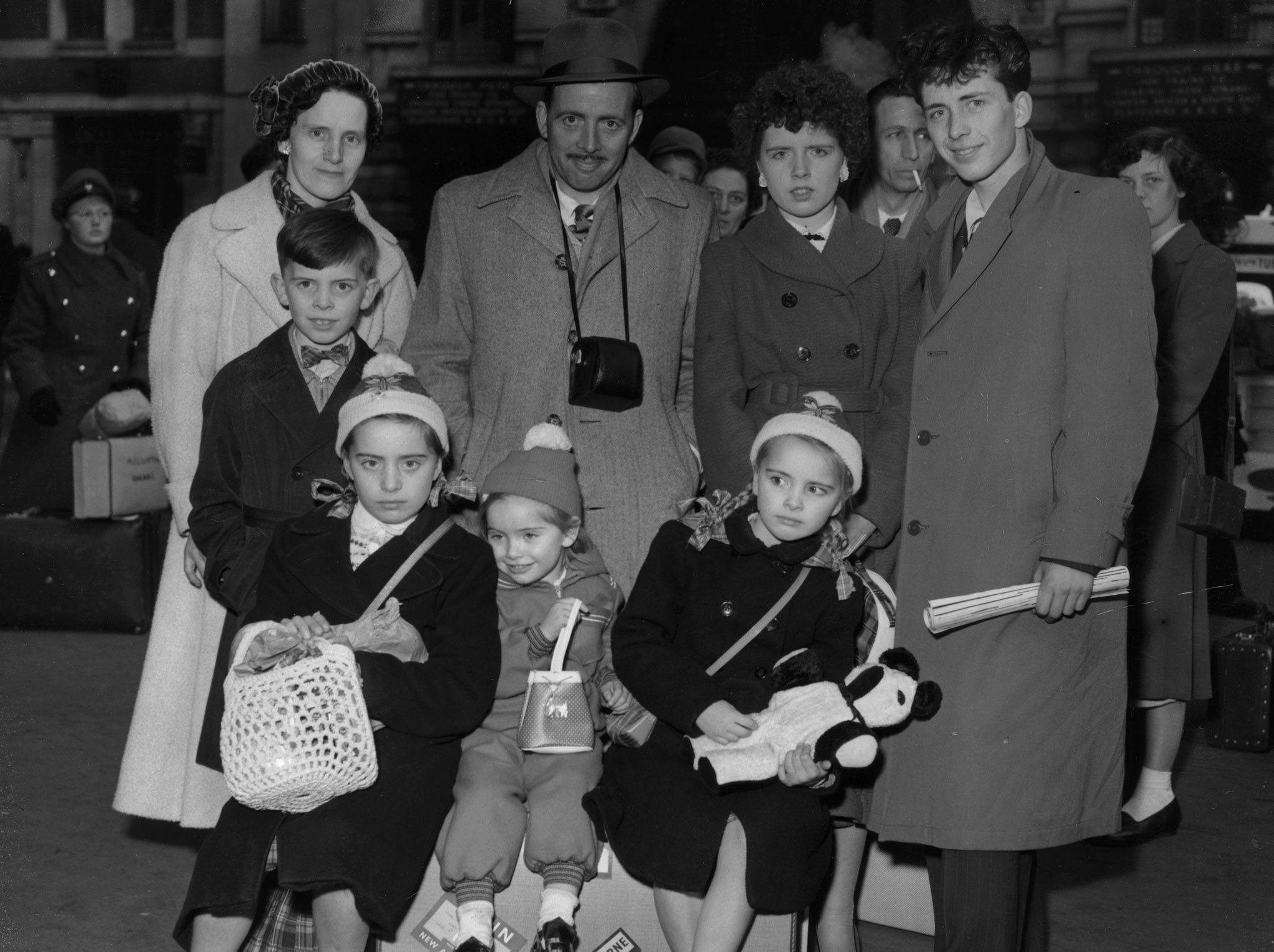Of course immigrants have the right to a family reunion, but don't expect others to pay for it
The born romantics among us may tell you otherwise, but family reunion is not a minor detail of the immigration debate. Nor does it come without a price tag


It stands to reason that all those legally resident in the UK have the right not only to marry as they wish, but to live with their spouse in Britain, and then, if circumstances so dictate, to incorporate into the household children by previous relationships, elderly parents, uncles, aunts, even cousins who fall on hard times. Is this not what family is all about?
When the spouse, or other relative, is a foreign citizen without the automatic right to live here – that is, someone not a citizen of the European Union – however, things become more complicated. If you are a born romantic, you might insist that the same rules should apply to everyone. Family is family, after all, and the UK is rich enough to sustain a few more arrivals. Anyway, as we know from a slew of controversial court cases, the European Convention on Human Rights recognises the right to a family life, and human happiness, as they say, is priceless.
Family reunion, though, is neither a detail of migration nor does it come without a price tag. Until very recently those settling in the UK for family reunion comprised the biggest group, by far, after students. And unlike students, or those coming to work, they were here as permanent residents and their presence came with a blank cheque – state schools, medical treatment, the whole range of state benefits – once the visa fee was paid.
If the Government is to reduce net migration – for which it has an electoral mandate – family reunion must be addressed. The UK’s already generous rules were crucially relaxed when the last government, as one of its first acts, abolished the “primary purpose” rule that considered whether marriage was being used as a pretext for immigration. Its eventual response to the sharp rise in spouse visas that followed was to introduce much higher visa fees for family reunion.
The Coalition went a step further last year, raising the sum a UK resident had to earn in order to sponsor a spouse or other relative from £13,700 to £18,600, bringing it more into line with the benefits threshold. A year on, MPs have produced a critical report, with a catalogue of hard cases, which calls for the new rule to be softened. A little more discretion might be in order – where, say, the UK resident has income in kind, but the thrust of the provision is right, and those who cite cases where five-month old babies are torn from their mother’s breast, or children are left fatherless, should be questioning the priorities of the parents rather than the State.
In many countries – the United States included – both citizens and recent migrants regard it as a point of pride to earn enough to sponsor the arrival of a spouse or elderly parent. It is a rite of passage and an expression of responsible citizenship. But a state-set income requirement also helps to reassure the rest of the population about where their taxes are and are not going. With apologies to romantics everywhere, I don’t believe that the State has a responsibility to underwrite cross-border love.
Join our commenting forum
Join thought-provoking conversations, follow other Independent readers and see their replies
Comments
Bookmark popover
Removed from bookmarks